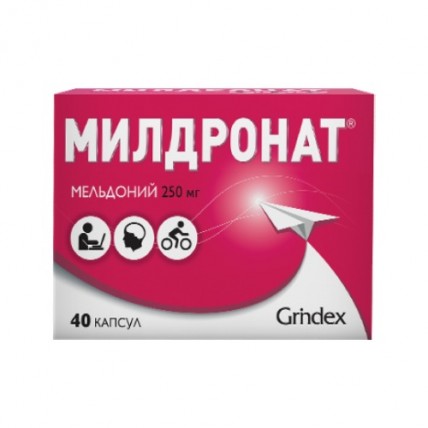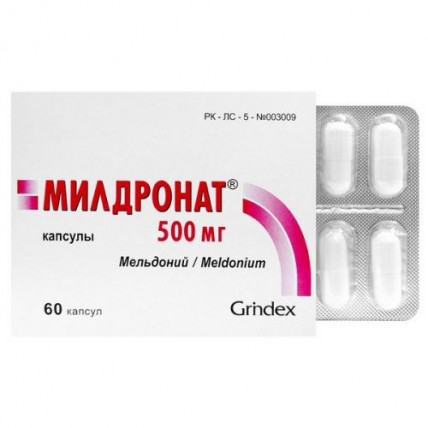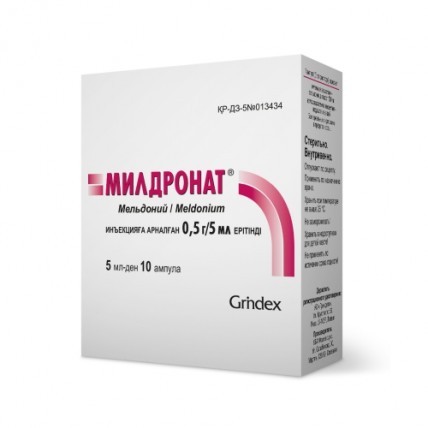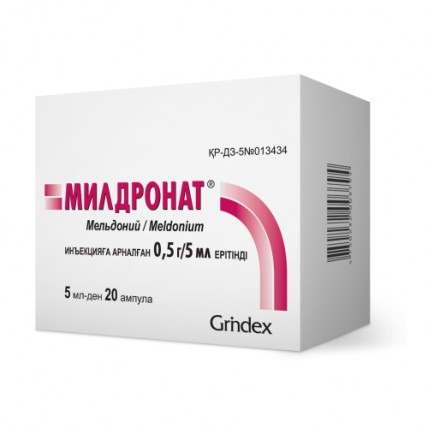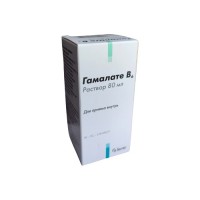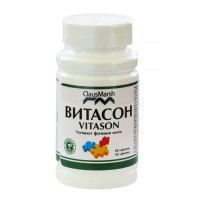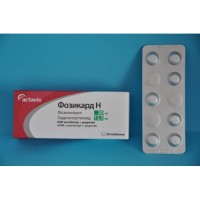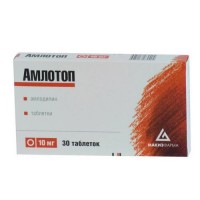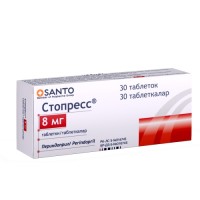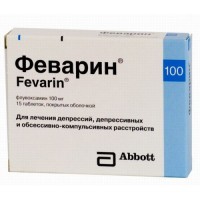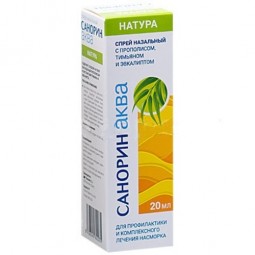Mildronate® (Meldonium) Capsules and Injections
- $25.00
Other/Common brand names: Mildronate, Mildronāts, Vazomag, Idrinol, Cardionate, Melfor, MET-88, Quaterin
What is Mildronate® (Meldonium)?
Mildronate® (Meldonium) is a medication used to improve cardiovascular health and enhance physical and mental performance. It works by increasing oxygen delivery to cells and optimizing energy production, making it beneficial for those experiencing physical or mental stress. The drug is commonly prescribed for treating heart conditions such as chronic heart failure, angina, and cardiomyopathy, as well as for aiding recovery after strokes or brain injuries.
In addition to its cardiovascular benefits, Mildronate® is also used as a nootropic to enhance cognitive function. It is believed to improve mental clarity, focus, and memory by increasing blood flow to the brain, thus supporting better overall brain function. This makes it useful for individuals facing mental fatigue, stress, or cognitive decline.
Mildronate® is also used to combat chronic fatigue and improve overall endurance. By regulating metabolism and enhancing blood flow, it helps increase stamina and accelerates recovery times, which has led to its popularity among athletes. However, due to its performance-enhancing properties, the World Anti-Doping Agency (WADA) banned Mildronate® in professional sports in 2016.
Despite its benefits for heart health, energy levels, and cognitive function, athletes are discouraged from using Mildronate® to avoid violations of anti-doping rules. Mildronate® is available in both capsule and injectable forms, allowing for versatile administration. It is widely used in clinical settings, particularly for individuals with cardiovascular issues, but its use in sports is now restricted due to its effects on performance.
What are the Available Dosages of Mildronate®?
Mildronate® is available in the following dosages and forms:
Capsules:
- 250 mg: Suitable for moderate needs in physical or mental stress and during recovery periods.
- 500 mg: Designed for more intensive therapy, particularly in cardiovascular conditions and severe physical or emotional strain.
Injectable Solution:
- 500 mg/5 ml: Provided in ampoules for intravenous use, often as part of more aggressive treatment regimens.
What Are the Therapeutic Indications for Mildronate®?
Mildronate® is used in combination therapy for various conditions, including:
- Cardiovascular Diseases: Such as stable angina, chronic heart failure, and cardiomyopathy.
- Cerebrovascular Disorders: Acute and chronic ischemic events in the brain.
- Physical and Mental Strain: Including reduced performance, emotional stress, and during recovery from brain injuries and encephalitis.
What Should You Know Before Taking Mildronate®?
Contraindications:
- Hypersensitivity to meldonium or any other ingredients in the medication.
- Severe liver or kidney impairment due to insufficient safety data.
- Pregnancy and breastfeeding, as safety has not been established.
- Use in children and adolescents under 18 years of age is contraindicated due to a lack of clinical data.
Special Precautions:
- Patients with chronic liver or kidney conditions should use this medication with caution and under regular medical supervision.
- Combining Mildronate® with other cardiovascular or neuroprotective agents can amplify therapeutic effects but may also increase the risk of adverse reactions.
How Should You Take Mildronate® Capsules?
- Adults: The usual daily dose is 500 mg, which can be taken all at once or divided into two doses. The maximum daily dose is 1000 mg.
- Administration: Capsules should be swallowed whole with water, and can be taken before or after meals. Due to its potential stimulating effect, it is recommended to take this medication in the morning.
How Should Mildronate® Injections Be Administered?
- Dosage: The usual dose ranges from 500 mg to 1000 mg per day, administered intravenously either as a single dose or split into two doses.
- Treatment Duration: The typical course of treatment lasts 10-14 days, followed by oral therapy.
What Are the Possible Side Effects of Mildronate®?
Common Side Effects:
- Allergic reactions, headaches, and digestive disturbances like nausea and abdominal pain.
Rare Side Effects:
- Sleep disturbances, anxiety, heart rhythm changes, and dizziness.
- Skin reactions such as rashes and itching.
- Blood pressure fluctuations, shortness of breath, and muscle cramps.
What Should You Do in Case of an Overdose?
Overdose of Mildronate® is rare and typically not associated with severe outcomes.
Symptoms may include headaches, dizziness, and general weakness.
Treatment is symptomatic, and in severe cases, monitoring of liver and kidney function is advised.
How Should You Store Mildronate®?
- Capsules: Store in a dry place at temperatures not exceeding 25°C (77°F).
- Injections: Store at temperatures not exceeding 25°C (77°F), do not freeze.
What Role Does Mildronate® Play in Sports?
Mildronate® (Meldonium) has attracted significant attention in the sports world due to its potential impact on athletic performance.
It is believed to enhance endurance by improving oxygen supply to tissues, which can be particularly beneficial during intense physical activity.
Additionally, it may help athletes recover more quickly after strenuous exercise, providing an edge in both training and competition.
However, it's crucial to note that since January 2016, the World Anti-Doping Agency (WADA) has listed Mildronate® as a banned substance in professional sports due to its performance-enhancing properties.
Athletes are strongly advised to avoid using Mildronate® to comply with anti-doping regulations and maintain fair competition.
Where Can You Buy Mildronate®?
You can buy Mildronate® (Meldonium) at our RxEli Health Products eStore.
We offer genuine products with worldwide shipping, including to the USA, Canada, Australia, Europe, the UK, the UAE, and more.
Order now and have Mildronate® delivered directly to your door wherever you are.
